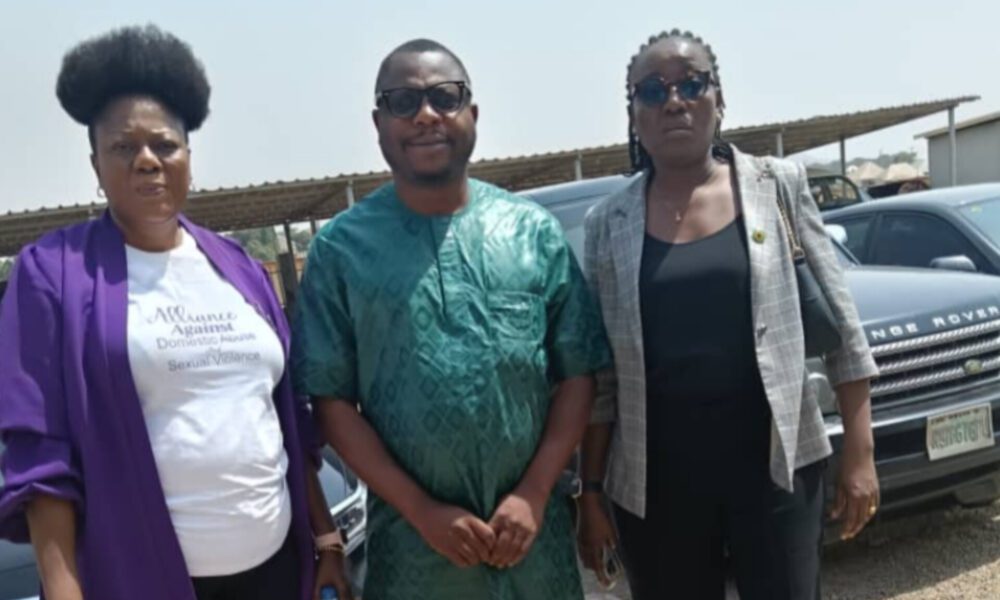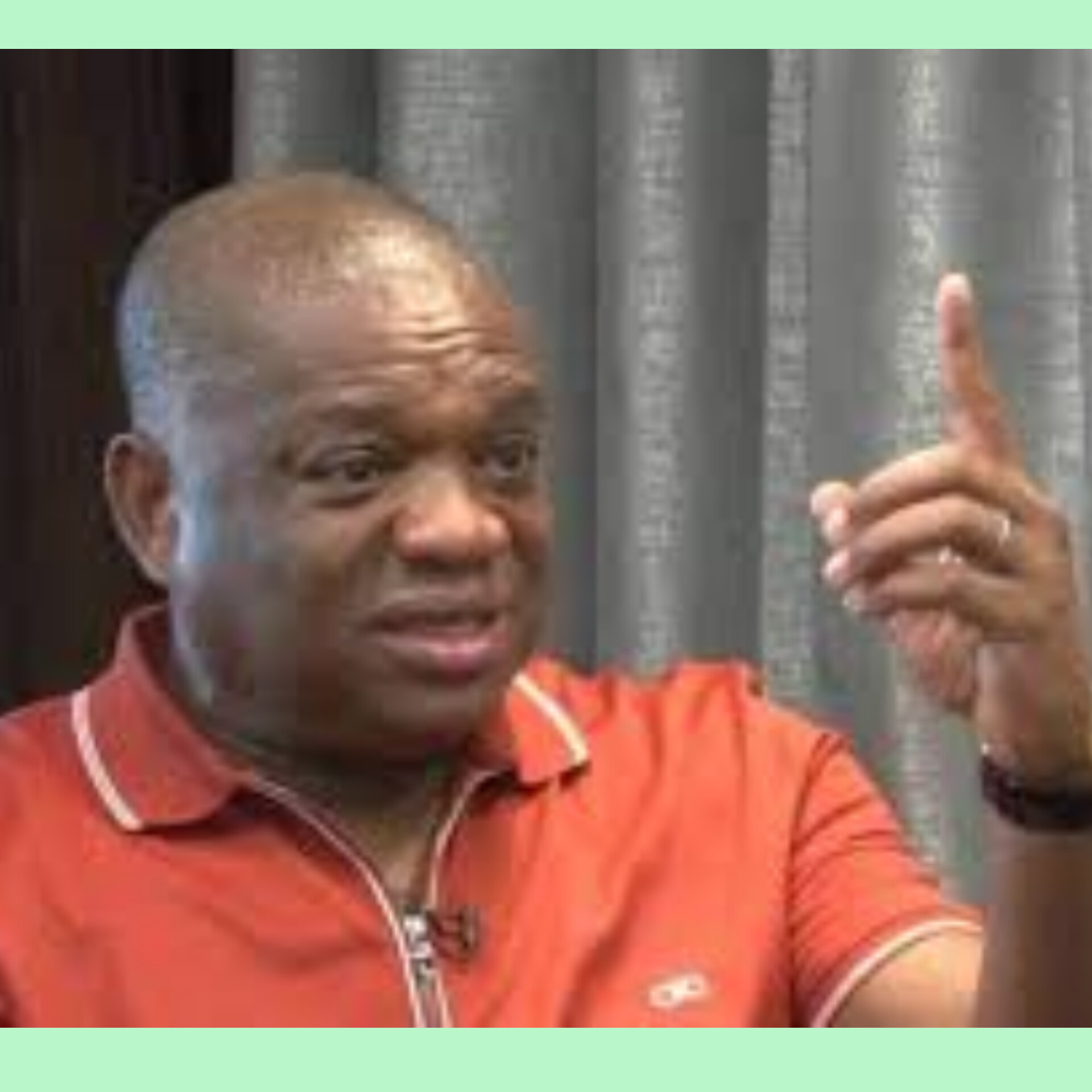President Bola Tinubu and Vice President Kashim Shettima are asking the Presidential Election Petition Court (PEPC) to disregard claims by the Peoples Democratic Party (PDP), the Labour Party (LP) and their presidential candidates, Atiku Abubakar and Peter Obi, that it is mandatory for a candidate to score 25 per cent of votes in the Federal Capital Territory (FCT) to be declared president.
Tinubu and Shettima insist that such claims could have been as a result of either their misreading of the Constitution or their miscomprehension of the relevant provisions of the nation’s ground norm.
This is part of their arguments in two sets of final written addresses filed on the petitions by Atiku/PDP and Obi/LP against the outcome of the February 25 presidential election.
It was learnt that the two final addresses were filed on Friday by the Tinubu/Shettima legal team, led by Chief Wole Olanipekun, SAN.
Describing both petitions as strange and hollow, Tinubu and Shettima argued that neither of the two sets of petitions provided relevant evidence to support the claims of the plaintiffs that the election was not held in compliance with relevant laws or that the presidential and vice presidential candidates of the APC were not qualified to contest the election.

The defendants said the suits could not even be considered as petitions within the context of the nation’s electoral laws as they were strangely not “complaining about election rigging, ballot box snatching, ballot box stuffing, violence, thuggery, vote buying, voters’ intimidation, disenfranchisement, interference by the military or the police, and such other electoral vices.”
“The crux of their grouse, in their petitions, is that this time around, while the presidential election was peacefully conducted all over the country (as corroborated by their primary witnesses; that is, the Presiding Officers (POs) and the results accurately recorded in the various Form EC8As, some unidentified results were not uploaded electronically to the INEC Election Result Viewing (IREV) portal,” Tinubu and Shettima said.
Continuing, they said: “The other remote contention of the petitioners is that the 2nd respondent (Tinubu) did not score 25 per cent or one-quarter of the votes recorded in the Federal Capital Territory, Abuja (FCT); while the petitioners have also tersely alluded to the respondent’s non-qualification, without providing any fact of same in the body of their petitions.”
They submitted that the petitioners failed woefully to establish their claims with adequate and relevant evidence as required by law.
Tinubu said he won the election with 8,794,726 votes ahead of Atiku/PDP, “who were his closest rival, though trailing at a distance with the total of 6,984,520 votes,” and Obi/LP “came a distant third with a total of 6,101,533 votes.”
Besides, the defendants said while they polled more than 25 per cent of the total votes cast in 29 states, Atiku secured same in 21 states, while Obi got 25 per cent in only 16 states and the FCT.
They added that it was ironical that while Atiku, who scored 16.13 per cent of the votes cast in the FCT, as against Tinubu’s19.76 per cent score in the same territory, is not only seeking to be declared the winner of the election, he also wants Tinubu’s victory voided on the grounds that he (Tinubu) did not score 25 per cent of the votes cast in the FCT.
Citing previous decisions of the Supreme Court on the status of the FCT, the respondents said: “There is no punctuation (comma) in the entire Section 134(2)(b) of the Constitution, particularly, immediately after the ‘states’ and the succeeding ‘and’ connecting the Federal Capital Territory with the states.
“In essence, the reading of the subsection has to be conjunctive and not disjunctive, as the Constitution clearly makes it so.
“Pressed further by this constitutional imperative, the Federal Capital Territory, Abuja, is taken as if it is the 37 state, under and by virtue of Section 299 of the Constitution.
“With much respect, any other interpretation different from this will lead to absurdity, chaos, anarchy and alteration of the very intention of the legislature.
“Our courts have always adopted the purposeful approach to the interpretation of our Constitution, as exemplified in a host of decisions, including but not limited to Nafiu Rabiu v. State (1980) 12 NSCC 291 at 300-301, Marwa v Nyako (2012) 6 NWLR (Pt. 1296) 199, 306 — 307, ADH Limited v AT Limited (2006) 10 NWLR (Pt. 986) 635, 649, Awolowo v. Shagari (supra), Abraham Adesanya v. President, Federal Republic of Nigeria (1981) 12 NSCC 146 at 167-168; A.G Abia v. A.G Federation (2002) 6 NWLR (Pt. 763) 265 at 365.
The petitioners themselves admit this much in paragraph 107 of their petition, where they listed the FCT as the 37 state, after listing the States mentioned in section 3(1), as numbers 1 to 36.”
They said it was an irony that the LP candidate, who came a distant third in the election, wanted to be declared the winner of the election.
The Obi/LP petition, according to the respondents, was hinged on frivolous claims that the election results were not electronically uploaded to the IREV; that it was not conducted in compliance with the provisions of the Electoral Act, 2022 (EA); and that the Tinubu/Shettima ticket was unlawful because Shettima was not properly nominated.
They added that Atiku and Obi also based their petitions, riddled with contradicting and conflicting claims, on “some fishing expeditions relating to some purported forfeiture proceedings in the United States of America (US).”
They faulted the petitioners claim about the qualifications of Tinubu and Shettima, arguing that not only did the petitioners fail to prove their allegations both respondents provided ample evidence to establish that they were eminently qualified to stand for election for the office of the president and vice president.
Tinubu and Shettima added:”Largely, the election went very peacefully, under a free and fair atmosphere, without proof of violence, ballot box snatching and such other electoral irregularities and vices; a state of affairs to which the petitioners’ witnesses all testified.
“In fact, the election was conducted in substantial compliance with the principles of the Electoral Act, the INEC Regulations and Manuals for the election.
“Coincidentally, a host of the witnesses called by the petitioners corroborated the unstable and/ or unpredictable nature of technological devices/applications within the Nigerian terrain.”
Tinubu and Shettima argued that both petitions are not only without any form or substance, they are characterised by repetitions, contradictions and confusion.
They noted that the petitioners cynically alleged non-compliance with the provisions of the Electoral Act, on the flimsy ground that the polling unit results were not electronically transmitted and uploaded on the IREV (where collation did not take place); their witnesses admitted that manual collation took place from the polling unit level to the national level.
They added that while petitioners claimed that the Tinubu did not emerge winner with the highest number of lawful votes cast, throughout the petitions and during trial, “at no portion did they state what they considered as the lawful votes cast for both parties and the number of unlawful votes added to the respondent’s, or the number of votes unlawfully deducted from their own votes.”
While describing the evidence by the 27 witnesses called by Atiku/PDP and the 13 by Obi/LP as unreliable, Tinubu and Shettima argued that their sole witness successfully established their case.
They added that their sole witness, Senator Opeyemj Bamidele (the Senate Majority Leader), “demonstrated undoubted competence to testify in respect of the subjects submitted before the court, including issues surrounding the US proceedings, himself being a US practicing attorney and counselor at law.
“Also, being a law maker, who participated in the enactment of the Electoral Act, 2022, he stated the position and intention of the legislature, particularly, as it relates to the appropriate mode of transmission as well as transfer and collation of results.”
In rounding off the written address on the Obi petition, the head of the respondents’ legal team, Chief Olaonipekun, SAN, said: “In concluding this address, may we draw your Lordships’ attention to the memorable pronouncement of the Supreme Court in Elias v. Omo-Bare (1982) 5 SC 13 at 22, where Udo-Udoma, JSC, opined thus: “If there was ever any case completely starved of evidence, this is certainly one.
“This case clearly cries to high heavens in vain to be fed with relevant and admissible evidence. The appellant woefully failed to realise that judges do not act like the oracles of Ife, which is often engaged in crystal gazing and thereafter would proclaim a new Oba in succession to a deceased Oba.
“Judges cannot perform miracles in the handling of civil claims, and least of all manufacture evidence for the purpose of assisting a plaintiff win his case.”
“In every material particular, the above excerpt from the Supreme Court judgement describes this petition in very clear terms.”
Credit: The Nation


